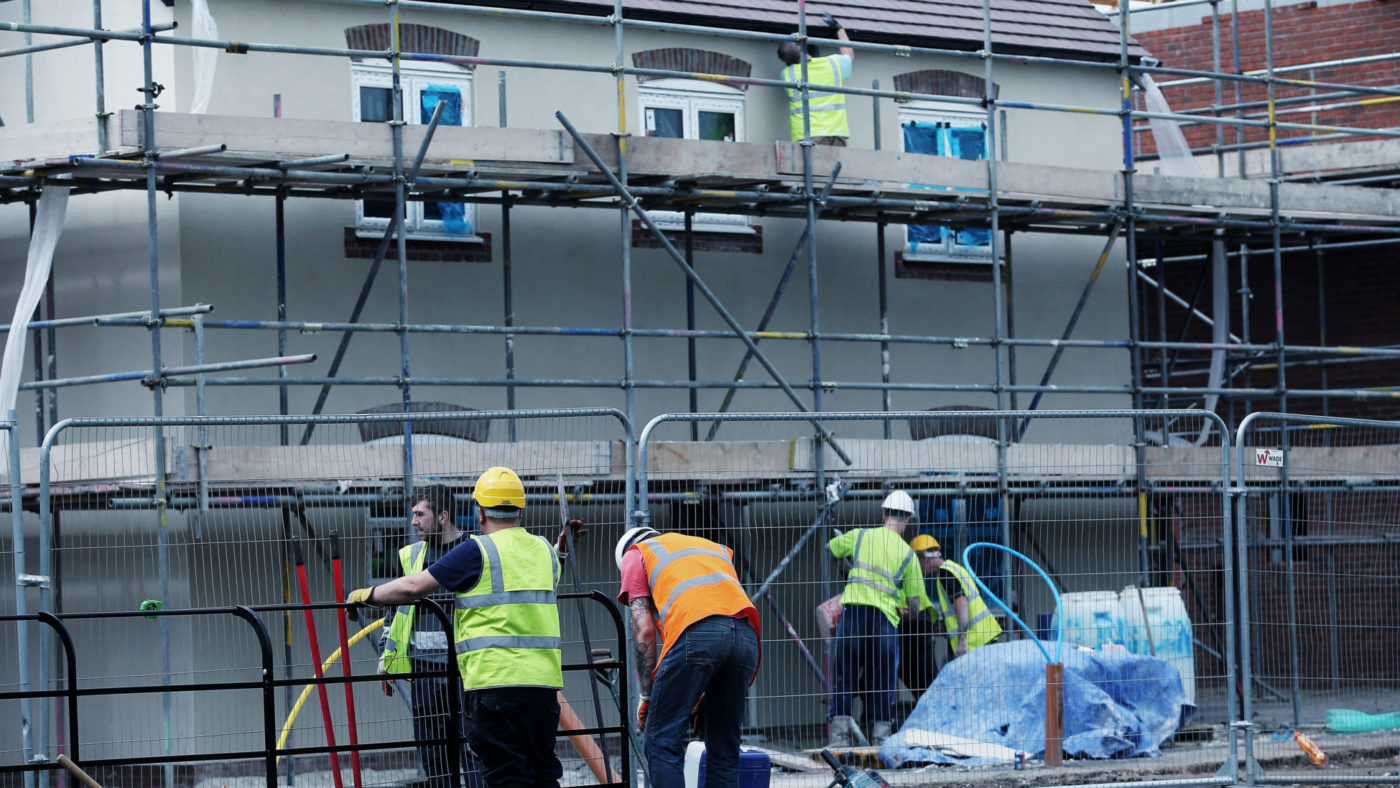The Chief Secretary to the Treasury is right about two things. This country needs to build many more homes. And if it does not, the Conservatives face an increasingly uphill electoral battle.
As she says, Jeremy Corbyn has successfully tapped into the many people who want a shake-up.
The backlash against her remarks in the Daily Mail is no surprise. Many do not want a shake-up. The landowners whose revenues were propped up by the Corn Laws’ ban on food imports were also opposed to change.
Those foaming at the mouth that she suggested building on greenfield land might be surprised to learn that the Campaign to Protect Rural England itself put forward South Milton in South Devon as a good example of how to build homes in an Area of Outstanding Natural Beauty, with community support.
They might also be surprised to find that since last month the Government now (within limits) allows a local community, if it wishes, to approve a specific development on a piece of their green belt in exchange for whatever conditions they want about design or for the benefit of the community, as our campaign suggested last year.
If you object to building up a floor or two, remember that the vast majority of the area of London, for example, is no higher than two storeys. Even the Elizabethans went up to six floors at times. If all of London had as many homes per acre as, say, the prettier parts of Islington, London would have five million more homes. How is it that we now have less imagination and ambition than the Victorians, or even the Georgians?
Good luck getting permission to build the Houses of Parliament today. You’d obstruct someone’s view of St Paul’s, to start with.
Our shortage of housing and increasing unaffordability have helped drive a long-term general decline in home ownership, despite efforts to subsidise home ownership with policies like Help to Buy.
The young and the less well off are increasingly bitter about extortionate rents and poor opportunities, mainly caused by our fifty-year failure to build enough housing in the right places.
As rents needlessly go up – even as almost every other thing we make gets better and cheaper – the electoral arithmetic looks increasingly difficult for the Conservatives. History proves that mass dissatisfaction leads to populism and extremism. Is that what you want?
The question is not whether we should build more homes. Of course we should. The only question is how best to do it.
The best way to allow more housing is not to pluck the goose with the minimum of hissing. It is to let the geese queue up to volunteer feathers. Only by achieving a wave of popular support for more homes will the government feel comfortable abandoning its current target of ever-increasing house prices, spelled out to the Letwin Review. This government understands, like its predecessors, that rising house prices raise consumer confidence, which generally makes re-election easier. But that path is not sustainable.
What’s more, NIMBYs are – whisper it softly – often NIMBYs for rational, if rather self-interested, reasons. When a home is so expensive that a lifetime’s savings are tied up in it, who would not worry about its value? When the system often produces ugliness, is it irrational to feel a twinge when a large new development is proposed?
Happily the tide is moving against them. A majority of Londoners now support more housing near them. But London has a minority of homeowners, unlike the rest of the country.
Luckily there is no need to wait for changes in attitudes. We can engineer a change in attitudes by picking the right reforms.
We should build more homes by creating better, more attractive places, with local support. We should attempt to beat the beauty of the best of Bath or South Kensington with design codes set or approved by a local community, and in exchange for whatever benefits – more park, another school, more funding – they deem fit.
We should let residents on single streets vote whether to choose their own design code and allow themselves permitted development rights to extend upwards or outwards, within limits to protect the neighbours.
These reforms are so powerful because they bring local communities along. They are powerful because surveys show them to be popular, as they let homeowners share some of the benefits while making housing more plentiful and affordable. And they are powerful because they could, over time, end our housing crisis.
Liz Truss is right. The only question is how to act quickly on her arguments, or face the consequences.


